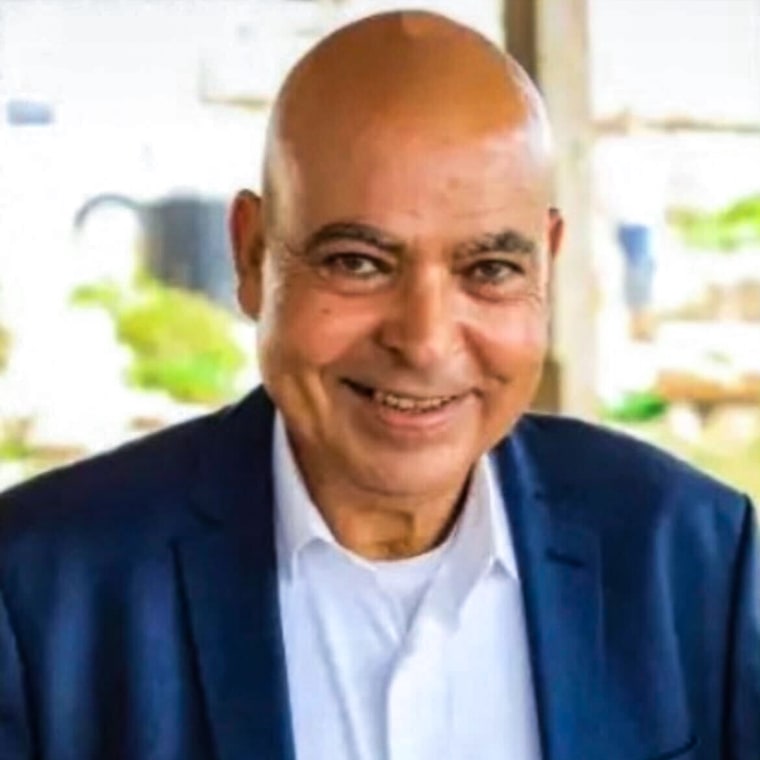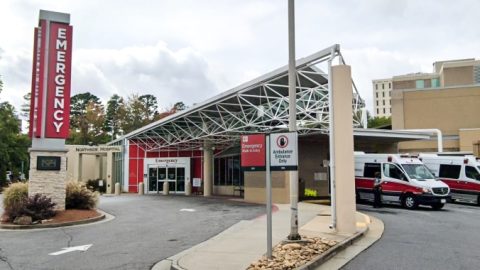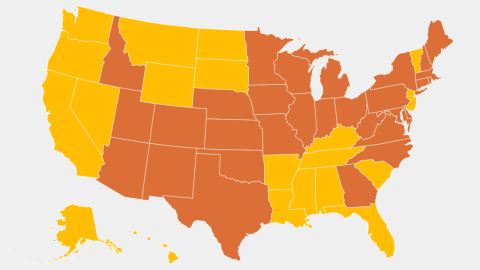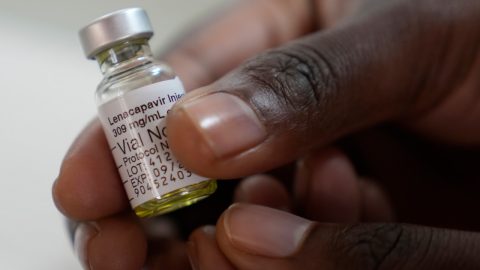Adnan Sawada was at work in Maryland on Oct. 17 when he got a frantic phone call from thousands of miles away in Gaza. It was his 36-year-old nephew calling with devastating news. His father, Adnan’s oldest brother, had just died at a Gaza hospital.
“His son was screaming,” Adnan said in a phone interview. “They got to him too late.”
Shaaban Sawada, Adnan’s brother, is one of the countless Gaza residents who were injured in airstrikes but were then unable to receive the care they needed at the enclave’s overwhelmed hospitals.
According to the Palestinian Health Ministry, more than 6,500 people have been killed in the Israeli bombing of Gaza, which began after Hamas’ surprise terrorist attack on Israel on Oct. 7, which killed 1,400 people.
On Tuesday, the World Health Organization said in a statement that Gaza’s largest hospital, al-Shifa, was at 150% capacity. Others are shut down or partially out of service because of damage from airstrikes and lack of fuel to supply electric generators. The United Nations said fuel supplies in the Gaza Strip would run out by Thursday.
Follow live coverage from NBC News here.
At al-Shifa hospital Tuesday, the scene was pure chaos — hallways filled with children screaming out in pain and bloodied with severe injuries.
Dr. Ghassan Abu-Sittah, a British plastic and reconstructive surgeon at al-Shifa, who traveled to Gaza at the start of the war to help, said 40% of the wounded he has been treating are children. Many of their injuries include burns covering huge parts of their bodies.
“Over the past 24 hours, we have received 600 dead and three times the number of wounded,” he said. “This is putting even more pressure on the system that’s falling apart.”
Al-Shifa was already running out of supplies two weeks ago when Abu-Sittah arrived. Now hospital workers lack simple dressings for all the burns they’re treating. Because there’s not enough anesthesia equipment or anesthesiologists for surgery, the medical staff has been forced to use ketamine as an anesthetic, Abu-Sittah said. Ketamine can be used for general anesthesia, but it’s typically used only for shorter procedures, like fixing dislocations and fractures.
Adnan Sawada’s brother Shaaban never got anesthesia when he went to one of the Gaza hospitals. He had been standing outside in southern Gaza when the building next door was hit, Adnan said. His leg was severely cut in the blast.
“The hospital didn’t take him right away,” Adnan said. “My thinking is that they didn’t take him right away because the hospital is filled with injured people, especially young people.”
Adnan said his nephew told him that Shaaban bled to death while he was waiting for a doctor to see him.

“He could have been saved,” Adnan said. “I’m not angry about the doctors. I’m angry about the lack of help.”
For Americans with family in Gaza, the humanitarian crisis continues to spark deep fears that their loved ones won’t make it.
“Every conversation, we just don’t know if it’s going to be the last time you talk to them,” said a Houston man of Palestinian descent, who still has many family members in Gaza. He requested that his name not be used out of fear that his family could become targets.
He has already lost one cousin in the conflict, he said in an interview. Another cousin lost a hand in a blast and couldn’t get care at the hospital. One of his aunts has Type 1 diabetes and is running out of insulin. Another cousin is pregnant in her third trimester.
“Not only is my pregnant cousin not able to see a doctor to get routine checkups;, we’re worried she’s going to have to have the baby in the current conditions,” he said, adding that she’s an American citizen. “There’s just too much. It’s overwhelming.”









Recent Comments